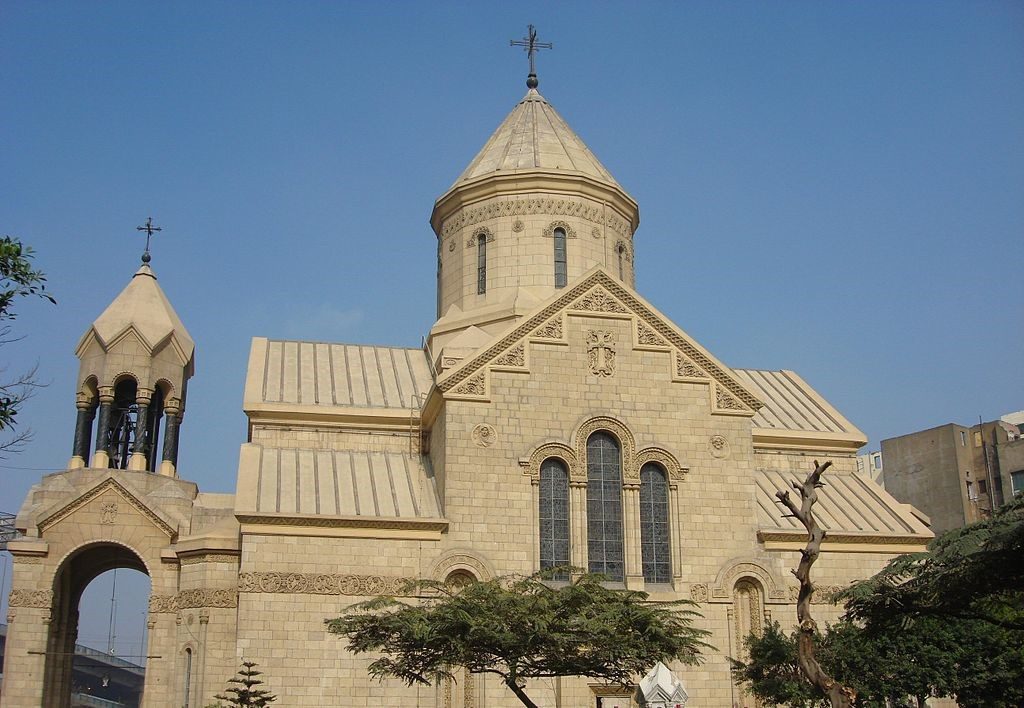
CAIRO – Egyptian government officials recently granted a “first block” of licenses for 53 churches that had been awaiting approval. Some sources praised the progress of the government in addressing the licensing procedure that was drafted into law in August 2016. Others, primarily representatives of rural churches, decried the government’s lack of acceptable progress.
The legislation requires licensing of construction for buildings to be used for religious purposes. In the past, places of worship were often built spontaneously without permits, licenses, and authorizations. During the Morsi administration, the Muslim Brotherhood protested the practice, often using as a pretext for fomenting violence against Christians.
After the law was introduced, church representatives were permitted a year to submit a list of churches and church buildings that needed to be inspected to ensure that they were compliant with laws governing the construction of public and private buildings.
Some decry the new laws as restrictions upon the freedom of religion. Others regard the laws as protecting the citizens.
Coptic Christian leaders appear to have two main concerns. First, that the country has a much less-restrictive law pertaining to the building of mosques. That law, passed in 2001, takes into regard only the issues of land ownership and general building regulations. The new law limits the size of church buildings to be proportionate to the population of the community and its potential for growth. Second, some ecclesiastic leaders view the progress as too slow in that more than 3,000 other church buildings and facilities are waiting in the queue for approval.
The issue seems to be one of a glass-half-full or half-empty. Islamic members of the Egyptian parliament voted against the bill in 2016. “Our country is Islamic,” they said. “The constitution does not say it is Christian. When the West treats mosques the way they treat churches, we will say, ‘yes.’”
Forces are at play on both sides of the matter. It is likely that the controversy will continue, at least to some extent, due to the national election scheduled for later this month. At this point, it appears that Egypt’s President El-Sisi has a large majority in-hand for the voting that will take place from March 26 through March 29.
The good news is that progress is being made.
Sources:
- World Watch Monitor, 53 churches legalized in Egypt, 1000s more still waiting
- Egyptian Independent, Cabinet approves bill allowing 53 churches to practice religious rituals nationwide
- EREM News, The licensing of 53 church in Egypt ignites the anger of Copts
- Agenzia Fides, The Egyptian government “legalizes” 53 churches built before the law on Christian places of worship
- Reuters, Egyptian parliament approves long-awaited church building law
- Egyptian Streets, Egypt’s Parliament Passes Controversial Church Building Bill
- Ahram Online, Egypt parliament approves new church building law
- Ahram Online, New Egyptian church building law to provide permits faster




